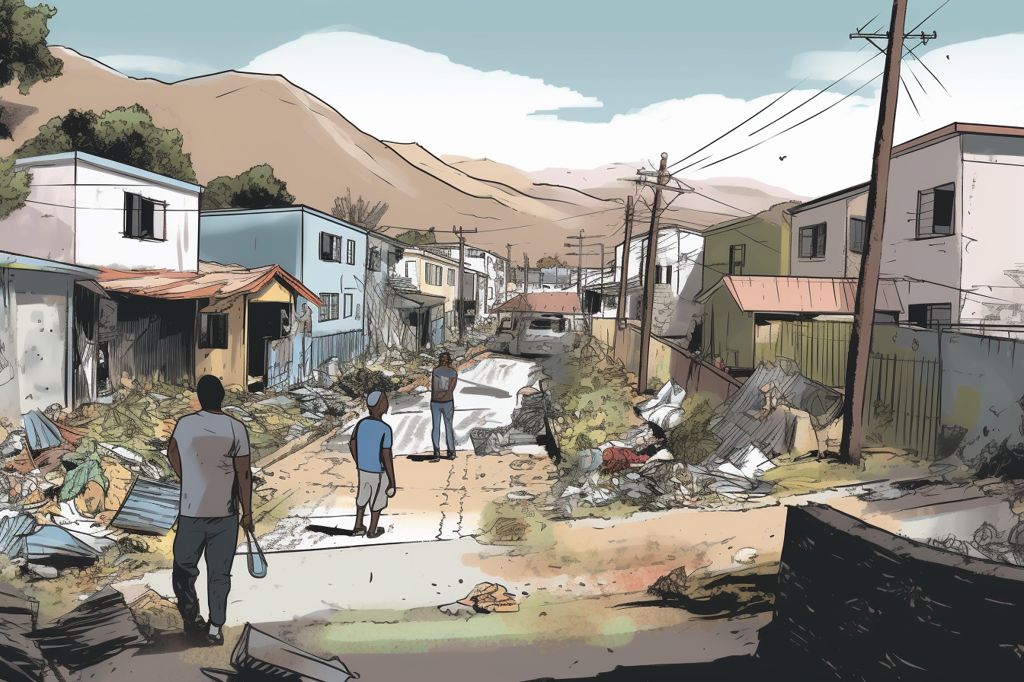The Issue of Land Restitution in South Africa
The contentious issue of land restitution in South Africa continues to be challenging, particularly in cases such as District Six in Cape Town. This once-thriving community was forcefully evacuated by the apartheid government in the 1960s and 1970s, leaving the land vacant for decades.
The Slow and Complicated Restitution Process
In 1994, after the end of apartheid, the government established a land restitution program to return the land to its rightful owners. However, the process has been slow and complicated, with many claimants still waiting for the return of their land more than 20 years later. The case of The Six, a sectional title scheme, exemplifies the challenges and frustrations experienced by many claimants.
A Recent Ruling by the Western Cape High Court
A recent ruling by the Western Cape High Court brings renewed attention to the issue of land restitution in South Africa. The legislation requires the City of Cape Town to take action to address criminal activity on the vacant land in District Six. The City is now tasked with obtaining an eviction order to remove illegal occupants and structures on the ground, and to clear the site of all criminal systems and debris. Furthermore, the City must take steps to decrease and remediate the nuisance on the site and ensure that the site is not used in a manner that contravenes any law or bylaw. The City has been given six months to comply with the court’s order and must conduct weekly inspections to ensure that no illegal occupation recurs.
Concerns Raised by the Ruling
While the ruling is a step in the right direction, it also raises concerns about the Land Claims Commission’s commitment to ensuring that successful claimants ultimately return to the place from which they were evicted by the apartheid government. The judge expressed concern about the delays experienced to date and the City’s alleged statement that the redistribution process will be completed in August 2024.
The Importance of an Efficient Land Restitution Program
Overall, the ruling highlights the urgent need for a more efficient and effective land restitution program in South Africa. It also emphasizes the importance of addressing criminal activity on vacant land to ensure the safety and well-being of surrounding communities.












